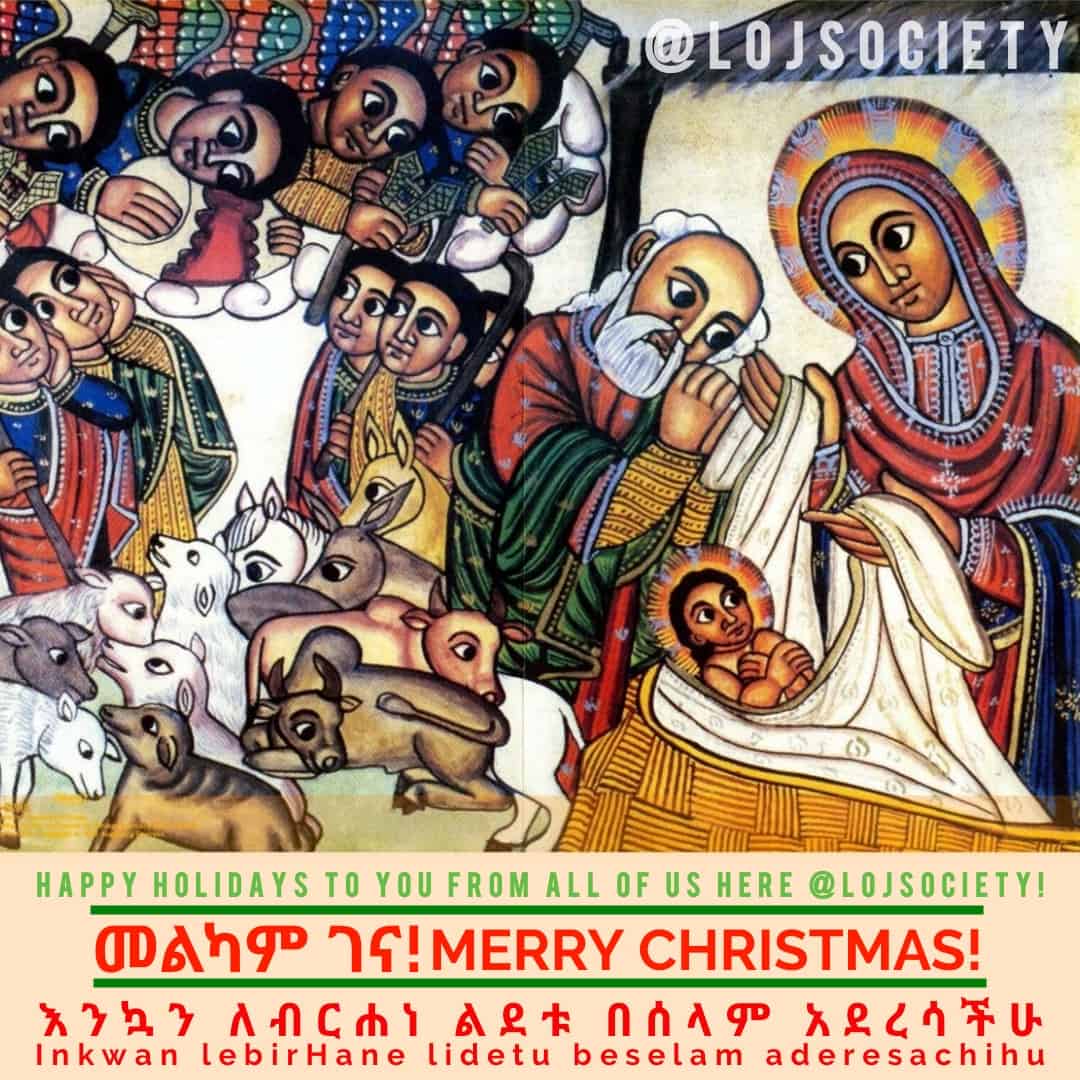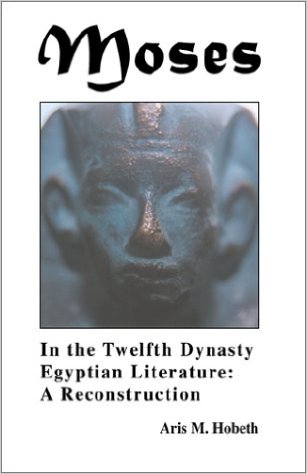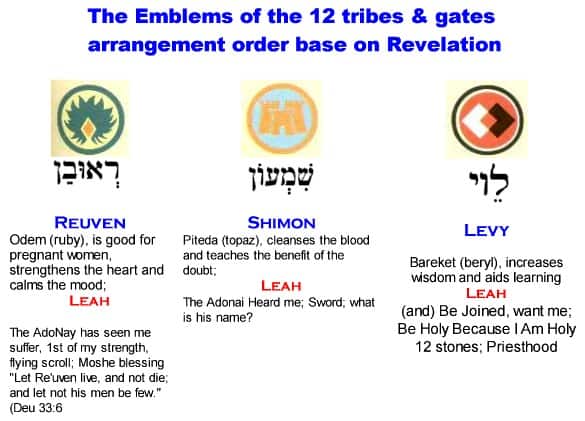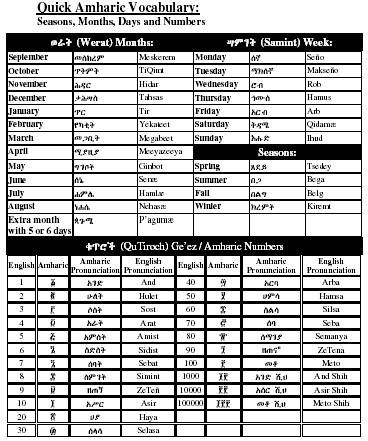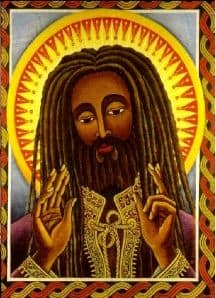MELKAM GENNA መልካም ገና (MERRY CHRISTMAS)
 Genna is the name for Christmas in Ethiopia. Like many other Orthodox's who use the Julian calendar Christmas is celebrated on January 7th. Which is different to the Gregorian calendar which celebrate Christmas on December 25th.
Genna is the name for Christmas in Ethiopia. Like many other Orthodox's who use the Julian calendar Christmas is celebrated on January 7th. Which is different to the Gregorian calendar which celebrate Christmas on December 25th.
The word comes from 'Gennana', meaning “imminent” to express the coming of the Lord and the freeing of mankind from sin. Genna is also the name given to a hockey-like ball game. Legend has it that when shepherds heard of the birth of Christ they rejoiced and started playing the game with their sticks. In some villages men and boys still play the traditional Genna game on Christmas day.
Christmas is a special celebration in Ethiopia. The celebration for many is started with a fast the day before with the service proceeding around 4am the next morning. At the Church men and women sit separately, many dressed in their traditional white costume (shamma). In Ethiopian Churches, many of the congratulation are sat or stood outdoors where they can be heard chanting and praying throughout. Sounds are provided by the choir and the priest who use a sistrum a percussion instrument with tinkling metal disks, makamiya, a long T-shaped prayer stick to keep the rhythm and church drums. The congratulation are given candles to burn and hold during the services.
Christmas is followed by the celebration of Timket (Epiphany) on January 19, a three-day celebration commemorating the baptism of Christ,.
Here at LOJSociety, we would like to wish all our brothers and sisters, our readers and followers a Melkam Genna today.
On January 7, Ethiopians celebrate Christmas with their neighbours, friends and families, and many of them attend church.
Orthodox Ethiopian Christians “fast” for 40 days before Gena, eating a diet without meat, fish, milk, butter or other animal products. On Gena they break the fast with a feast that includes dishes containing chicken, beef and lamb. In the days before Gena, you see people carrying live chickens on the streets and on minibuses, and sheep are everwhere to be seen, especially in condominium and apartment compounds and in the yards of people’s homes. There are people pushing, pulling, dragging, carrying sheep on their shoulders, maneuvering them into car trunks and taxis.
On the morning of Gena, all of these sheep, cows and chickens disappear after being killed and prepared for the Gena feast. You will, though, see sheep skulls lying around for pet dogs to eat, and on Gena there are people selling the animal skins on the streets.
Many Orthodox Christians, including the Ethiopian, Russian, Greek and Serbian Othodox churches, celebrate Christmas Day on January 7th. The reason for this is that their calendar is similar (but not identical) to the so-called Julian calendar, which was named after Julius Caesar, who began this calendar in 45BC. The Julian calendar had 365 days in a year and 366 days every fourth (leap) year. Unfortunately, it was slightly inaccurate because it overestimated the length of a year by 11 minutes. That meant that every 400 years the world gained three days with the Julian calendar. (Let’s do the maths: 11 minutes gained per year multiplied by 400 years equals 4,400 minutes gained in 400 years. Divide 4,400 by 60 to give the number of hours gained, then by 24, to give the number of days gained…..answer is 3.05 days gained in 400 years.)
To compensate for this, in 1582 Pope Gregory XIII changed the calendar by making all years that are divisible by 100 non-leap years, unless they are also divisible by 400. For example, the years 1700, 1800 and 1900 are divisible by 100 but not by 400, so they were not leap years (but they were leap years in the Julian calendar). However, 1600 and 2000 were leap years because they are divisible by 400. If you lived through the year 2000, not only did you witness the turn of a new millenium, but also it was the only year with two zeros on the end of it since 1600 that was a leap year, and there won’t be another leap year with two zeros on the end of it until 2400. The new calendar of 1582 was called the Gregorian calendar after the Pope, and it is the calendar most countries use today.
It gets a little more complicated, but what Pope Gregory did in 1582 was immediately to subtract 10 days from the calendar to catch up somewhat, then the world instigated his new Gregorian calendar. Since 1582 there have been 3 days extra in the Julian calendar, from the years 1700, 1800 and 1900, which are leap years in the Julian calendar but not in the Gregorian calendar. Add these 3 days to the 10 days that Pope Gregory immediately subtracted from the Julian calendar in 1582 and you get 13 days extra if you follow the Julian calendar. Add those extra 13 days to December 25th and you get January 7th, which is why January 7th is Christmas day in Ethiopia, because orthodox Ethiopians do not follow the Gregorian calendar.
It gets more confusing, because in Ethiopia the year right now is not 2020 (as we write), as it is in other countries: it is 2013.
Ethiopian Christmas tradition involves people playing a game called ganna or genna, which has some resemblance to hockey. it is said that shepherds in the era of Christ’s birth played a similar game with their crooks. It’s connection with Christmas is presumably that around the time of Christ’s birth, the shepherds who watched their flocks by night, and to whom the Angel of the Lord appeared, may well have been playing a game similar to genna with their crooks during the time that heavenly event took place.
Traditional Ethiopian food is served with injera (a healthy traditional Ethiopian round, spongy, flat bread made with the grain, teff) with wat, a stew that is often made with a popular spice called berbere. The wat can be made with lamb, beef, fish, goat or chicken and contains peas or lentils and vegetables. Doro wat, a stew made from chickens (doro), containing whole hard-boiled eggs (without the shell), is a particularly popular and delicious dish that’s eaten at Gena. Meat from sheep can be eaten as a stew (yebeg wat) or separately.
Following this delicious meal is a coffee ceremony. Coffee beans will be roasted in front of hosts and guests as the pan was passed around for everyone to savour the aroma, hmmmmmmm… just as the Ethiopian goatherd, Kaldi, may have done over a thousand years ago when he and his friends became the first humans known to drink coffee. The coffee is served with popcorn and sipped in the midst of the magical aroma of burning incense.
After the coffee ceremony, Tej will be served, a popular Ethiopian wine made from fermented honey, without grapes. Boiled extracts of the dried stems and leaves of a shrub called gesho are used as a source of natural yeasts to ferment the wine. Tej is bright yellow, sweet, slightly cloudy, and has a fairly high alcohol content.
Ethiopians generally don’t buy expensive Christmas presents for each other for Christmas. A gift of some coffee beans or some traditional homemade Ethiopian bread called defo dabbo, is very much appreciated. For a very special Christmas gift, you can buy your hosts a sheep, but you should let them know in advance so they can be prepared for it. If they own a house they will keep it in their yard tied up until it is ready to be killed and eaten. Otherwise, the sheep can be kept in an apartment complex for the day or two before Gena.
Gena is less about materialism and presents and more about it’s religious significance and about spending time with family and friends. Neighbours also come and go and there’s plenty of warmth, laughter and conversation.
We wish you all a Happy Ethiopian Christmas: Melkam Gena! Or can say: “Inkwan le Gena be’al beTaena, beSelamna, beDesta aderesachu!” (“Have a wonderful Gena with health, peace and happiness!”).
Jan 7th | Ethiopian Christmas : Visit of MAGI Or JESUS Real Birth Day?! Bible Study @rastafarijews
Jan 7th Ethiopian Christmas Wisemen Feast of His Birth?! Ask @Rastafari Rabbi @BlackJews @LOJSociety
Ethiopian Christmas Jan 7th Visit of MAGI, Birth Day?! Ask @Rastafari Rabbi @BlackJews @LOJSociety
Ethiopian Christmas: Beholding Of Emmanuel Day?! Ask #RasTafari Church #LionOfJudah @LOJSociety
Virgin Mary & Jesus born Ethiopian New Year, Sept 11th?! Ask #Rastafari #LionOfJudah @LOJSociety
Fasting Days (ጾም)
The 7 official fasting periods ordained in the ፍትሐ ነገሥት/Fitiha Negest:
- የረቡዕ እና ዓርብ ጾም/All Wednesdays and Fridays, except for the fifty days after Easter and also if the Feasts of Christmas and Epiphany fall on these days.
- Fast of the Prophets (ጾመ ነቢያት/Tsome Nebiyat): the fast preceding Christmas and which lasts for some 40 days. It begins with Sibket on 15th of the Ethiopian month of Hedar and ends on Christmas Eve with the feast of Gena on the 28th of Tahsas.
- ጾመ ገኀድ/The Gahad of Epiphany: the fast on the eves of Epiphany and Christmas
- The Great Lent: This fast is also known as Fast of Hudadie or ዐቢይ ጾም/Abiy Tsom. It is moveable and lasts for fifty five days
- Jonah's Fast of three days also known as Fast of Ninevah (ጾመ ነነዌ/Nenawe): This is also a fast of movable dates and is observed in commemoration of the preaching of Jonah. It comes on Monday, Tuesday and Wednesday of the third week before Lent.
- Apostles' Fast (ጾመ ሐዋርያት/Tsome Hawariat): It begins on Monday after Pentecost and ends on the 5th of July.
- Assumption of St. Virgin Mary (ጾመ ፍልሰታ ለማርያም/Tsome Filseta): This fast is held from August 1-15 and is dearly observed by many.
Fast Days (Tzomim)
In addition to Yom Kippur, The Talmud (Tractate Rosh Hashana 18b) discusses four fast days (based on Zechariah 8:19) that commemorate the destruction of the First and Second Temples and the exile of the Jewish People from their homeland. In addition, two other fast days are mentioned in the Rabbinical literature, yielding a total of six tzomot (seven if Yom Kippur is included).
- Fast Days of the Jewish Year
Father Anti-Christmas: Santa Claus & White Jesus Exposed
"I appreciate there not being a paywall: it is more democratic for the media to be available for all and not a commodity to be purchased by a few. I’m happy to make a contribution so others with less means still have access to information"
If everyone who watches our videos, reads our articles, who likes it, helps fund it, our future would be much more secure. For as little as $1, you can support the LOJSociety – and it only takes a minute. Thank you.![]()
FAIR USE NOTICE:
This site may at times contain copyrighted material the use of which has not always been specifically authorized by the copyright owner. We are making such material available in our efforts to advance understanding of cultural, traditional, environmental, political, human rights, economic, democracy, scientific, and social justice issues, etc. We believe this constitutes a 'fair use' of any such copyrighted material as provided for in section 107 of the US Copyright Law. If you wish to use copyrighted material from this site for purposes of your own that go beyond 'fair use', you must obtain permission from the copyright owner.

